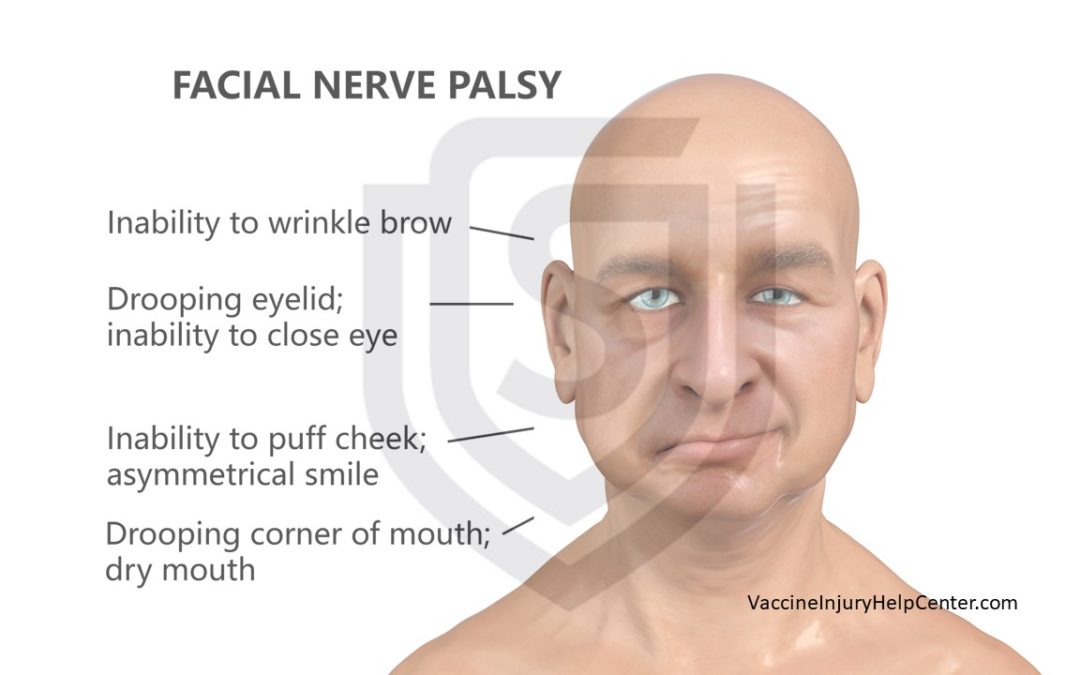Chronic inflammatory demyelinating polyneuropathy, or “CIDP” for short, is a chronic form of neuropathy related to Guillain-Barre Syndrome (GBS). It is an autoimmune disorder, meaning that the body becomes confused and cannot tell the difference between good tissue and harmful substances. The body then attacks one or more of its own systems.
Chronic Inflammatory Demyelinating Polyneuropathy
CIPD causes the body’s immune system to attack the peripheral nervous system, including the feet, legs, hands, and arms. In this autoimmune disorder, as the nerves are attacked by the body’s immune system, the fatty nerve covering, or myelin sheath, slowly deteriorates, exposing the nerves. Swelling and inflammation of the nerves can cause a variety of symptoms:
- numbness
- tingling
- weakness
- pain
- loss of sensation
- trouble walking
- loss of mobility
- trouble with bowels or bladder
- difficulty breathing
- loss of relexes
- fatigue
- atrophy of muscles
- paralysis
This list is not exhaustive, as symptoms may vary between individuals as varying levels of nerve damage occurs over a long period of time. As the name states, CIPD is a chronic condition, meaning it never goes away completely.
Flu Vaccination CIDP
No one is sure exactly how, but in a very small percentage of cases flu vaccinations trigger the immune system to begin attacking the body’s peripheral nervous system. This is especially true of swine flu vaccines.
Prognosis of Flu Vaccination CIDP
Diagnosis of CIPD caused by a flu vaccination is difficult, as symptoms may take weeks or months to develop. The quicker diagnosis is made, the better the prognosis and the sooner treatment can begin to slow the degeneration happening to the nerves and their protective covering. A physician will take a health history, but tests are needed to determine if CIPD is actually present. Nerve tests, a spinal tap, and a biopsy can determine if there is actual damage to the myelin sheath over the nerves. Although chronic inflammatory demyelinating polyneuropathy never goes away completely, symptoms can be eased and progression of the disease can be slowed. However, there is always the risk a patient will relapse and come out of remission from treatment.






